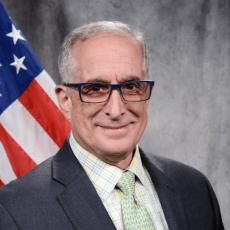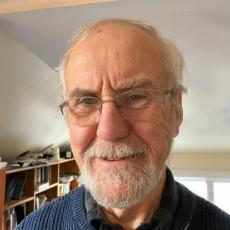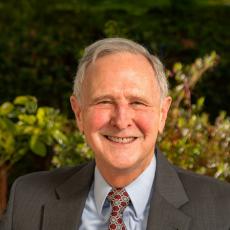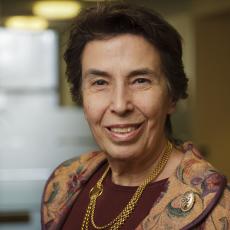John Abowd, Edmund Ezra Day Professor Emeritus of Economics, Statistics, and Data Science at Cornell University, reflects on his academic career, his research on worker and firm effects on wages, employing a model that became known as the “AKM model,” and his U.S. Census Bureau tenure, focusing on 2020 Census controversies and the implications of adding a citizenship question.









